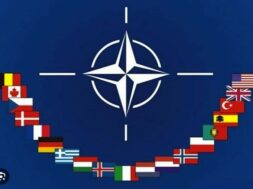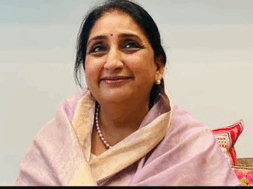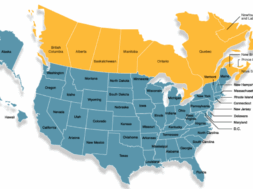
Roving Periscope: France against NATO’s expansion in Asia
Virendra Pandit
New Delhi: France, which has for months been trying to cozy up with Russia and China, has opposed the expansion of NATO into Asia.
A founder member of the US-led European security alliance, North Atlantic Treaty Organization (NATO), France, the biggest European nation, is feeling the impact of Moscow tightening gas supplies to Europe after the West and its allies imposed sanctions on Russia in the wake of its invasion of Ukraine in February 2022.
In fact, Moscow’s main grouse against NATO, leading to its invasion of Ukraine, was its growing proximity to the countries bordering Russia. Ukraine was also trying to become a NATO member.
Now, with NATO opening an office in Japan and the US unofficially pushing to enroll India as well into the security alliance, France has come out openly against the move.
According to media reports, French President Emmanuel Macron has objected to a NATO proposal to open an office in Tokyo because he believes the transatlantic security alliance should remain focused on its own North Atlantic region. This French resistance has complicated months of discussion within NATO to create the alliance’s first outpost at Tokyo in the Indo-Pacific region.
This move came as the US and Japan urged Europe to become more involved in Asian security issues, particularly as concern mounts about possible Chinese military action against Taiwan. It coincided with Beijing slamming US efforts to create what it describes as anti-China coalitions in the Indo-Pacific, which it compares to an “Asian NATO.”
Last week, Macron said NATO should not expand its reach beyond the North Atlantic and added: “If . . . we push it to enlarge the spectrum and the geography, we will make a big mistake.”
His resistance came two months after he angered the US and other allies by suggesting, during a visit to China, that Europe should distance itself from US-China tensions over Taiwan.
Setting up a NATO office requires unanimous support from the North Atlantic Council, the transatlantic alliance’s highest political decision-making body, which means France has the power to stop the move.
Japan and NATO have been discussing a Tokyo office since then- prime minister Shinzo Abe visited the NATO headquarters in Belgium, in 2007. Tokyo opened a NATO branch office in Brussels in 2018. Prime Minister Fumio Kishida, who last year became the first Japanese leader to attend a NATO Summit, will join the upcoming meeting in Lithuania in July.
NATO has more than a dozen liaison offices or delegations around the world, in nations such as Ukraine and Moldova.
Most are small and designed to help contact the host country’s government and military. Yuka Koshino, a Japan expert at the IISS think-tank, said a Tokyo office would make NATO’s Indo-Pacific engagement formal and sustainable.
Nobukatsu Kanehara, a former top official in the Abe administration, said Japan was supporting Ukraine because it believed issues on both ends of Eurasia were connected.
“The relationship between Japan and NATO has become rapidly closer because they have China in mind.”
Speaking at the Shangri-La Dialogue Security Forum in Singapore on Saturday last, European Union Foreign Policy chief Josep Borrell said Europe and Asia had “a direct stake in each other’s security” and must work together to avoid a confrontation in the Indo-Pacific.













